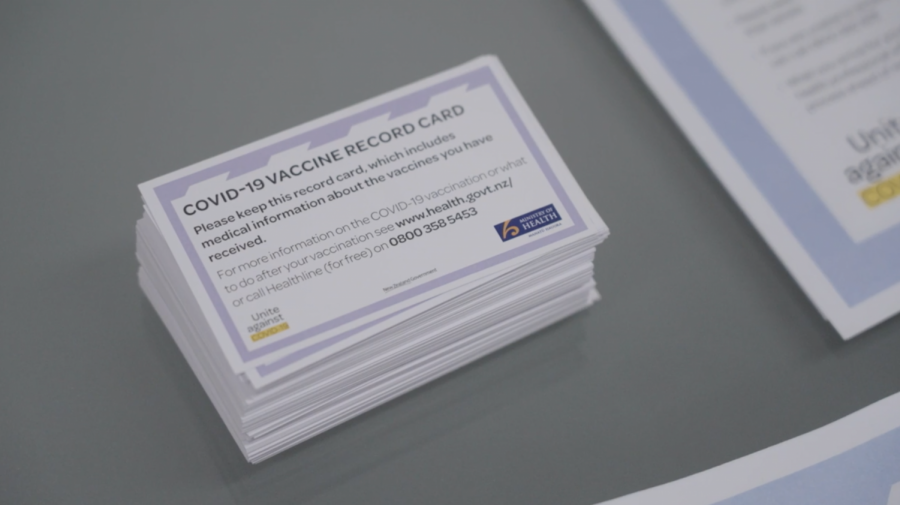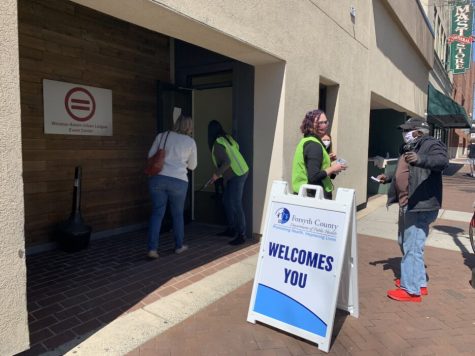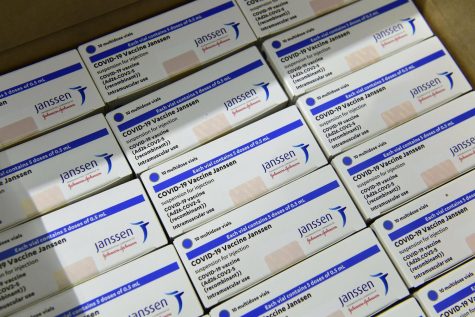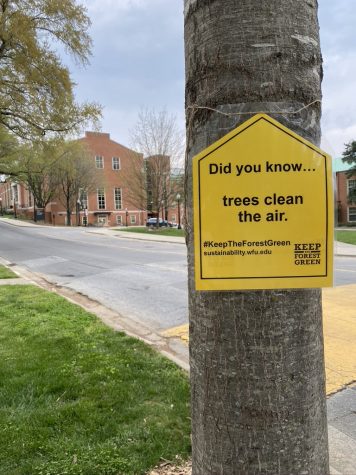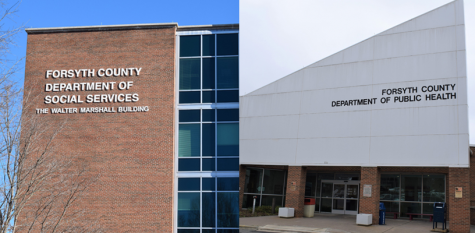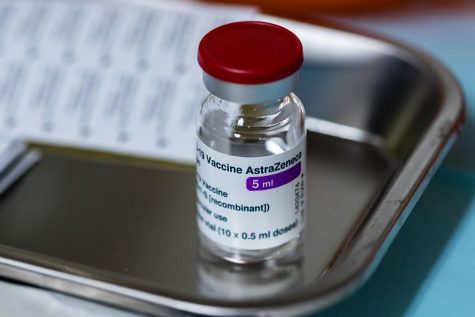“Vaccine passports” may be coming soon
A digital record of vaccination may be necessary to patronize certain businesses
April 15, 2021
Similar to scanning a QR code to read a menu at a COVID-19-friendly restaurant, the Biden administration is working to implement some sort of a code, accessible on devices, to document proof of vaccination.
President Joe Biden predicted that these vaccine credentials, referred to as “vaccine passports,” “could be key to a return to normalcy by the end of the year,” according to CNN.
Currently, vaccinated individuals carry slips of paper with their credentials, but these physical records can easily get misplaced or damaged. The Centers for Disease Control and Prevention require states to uphold record systems for storing individual vaccination history. There are over 60 systems across the country that collect this information, but states have not yet implemented methods for consumer access, according to the Wall Street Journal.
In order to prove one’s vaccine status “you’d need cryptographically signed data that can’t easily be forged — a digital card that enables you to retrieve and store testing and vaccination information in a secure and verifiable way, via either an app or a QR code,” the Wall Street Journal reported.
Vaccine passports would allow Americans easier access to restaurants, hospitals and nursing homes. People may have the ability to skip common practices such as temperature checks, health questionnaires and COVID-19 tests, according to the Wall Street Journal.
“Vaccination certificates may ultimately obviate the need for quarantine upon arrival in certain countries, a policy which is currently impeding the return of regular international tourism worldwide,” Forbes Magazine reported.
Regardless of the proposed convenience that would result from vaccine passports, there are many objections to these records. Concerns regarding the privacy of health records are eminent and have been addressed by some individuals deliberating the practice.
One application, CommonPass, does not hold an individual’s health records.
“If a participating airline needs to know whether a passenger has had a negative test or inoculation, and a participating pharmacy has the information, CommonPass can communicate with both and return a simple yes or no answer, without transmitting any specific data,” Commons Project Foundation chief Paul Meyer told the New York Times.
Many technology companies and health care entities have worked alongside Vaccine Credential Initiative to agree on transparent and adaptable standards while still protecting privacy, according to the New York Times.
Despite this initiative, many companies plan to come up with “closed, proprietary systems that they hope to sell to clients,” that could access private information, the New York Times reported.
The New York Times added that the requirement to provide proof of vaccination could even “discriminate against those who can’t get the shot or refuse to, and there is lingering uncertainty about how well inoculation prevents virus transmission.”
Although discrimination is a concern, the Biden administration recently announced that “vaccine passports’ are not a requirement for Americans, according to Forbes.
Furthermore, a spokesperson for the Biden administration stated that “there will be no federal vaccinations database and no federal mandate requiring everyone to obtain a vaccination credential.”
Even though the federal government will not require these credentials, it is unclear whether certain businesses or even state governments will still require passports.
Biden’s chief medical adviser, Dr. Anthony Fauci, during his appearance on the Politico Dispatch podcast, said, “I’m not saying that they should or that they would, but I’m saying you could foresee how an independent entity might say, ‘Well, we can’t be dealing with you unless we know you’re vaccinated,’ but it’s not going to be mandated from the federal government.”


